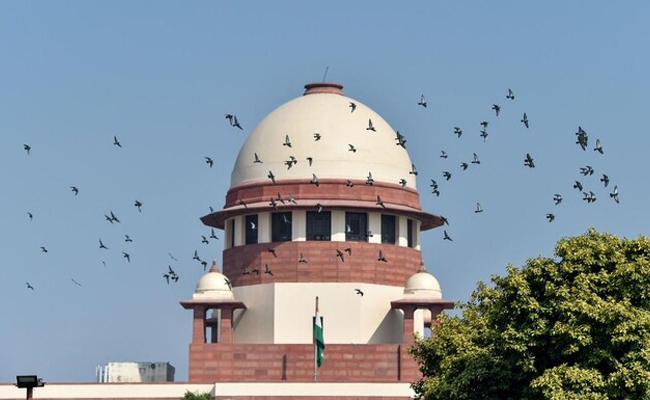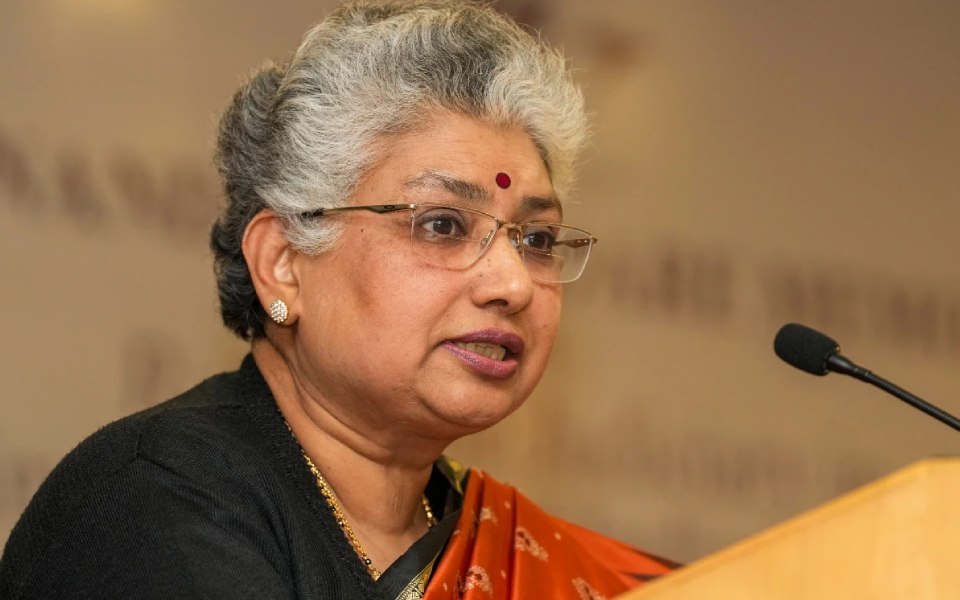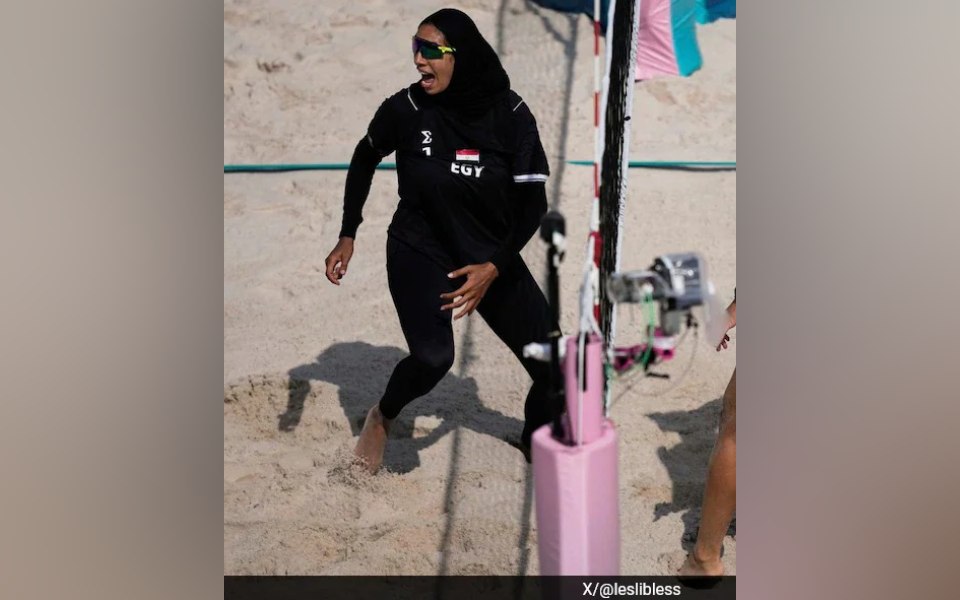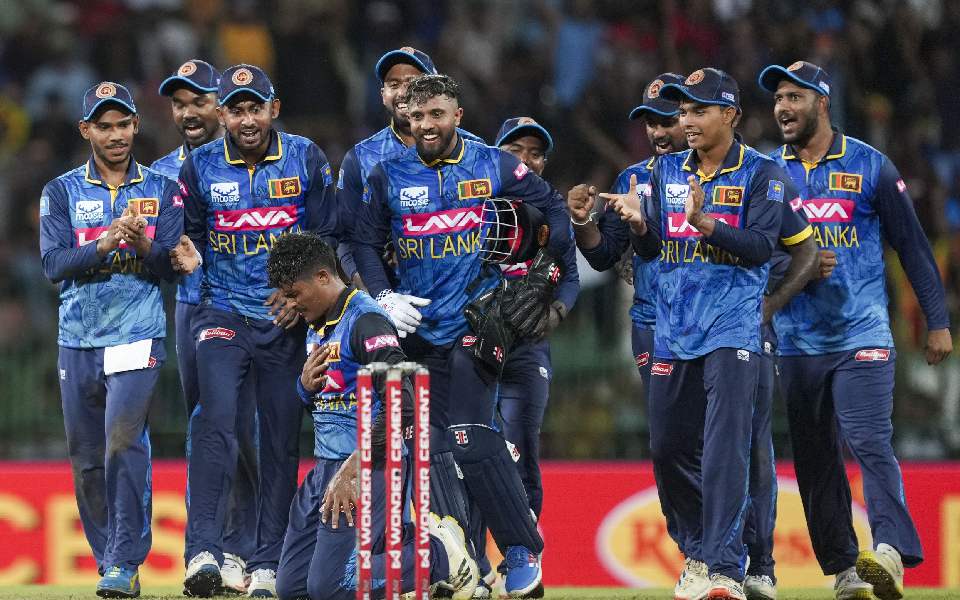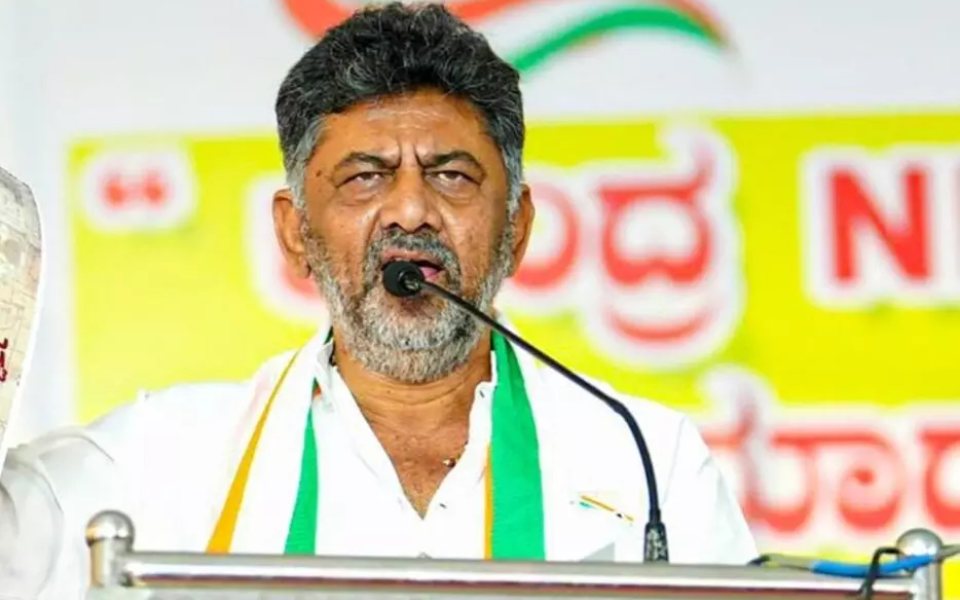New Delhi (PTI): The Supreme Court on Friday asked the Haryana government to clear the barricading at the Shambhu border near Ambala, where farmers have been camping since February 13, and questioned its authority to block the highway.
The Haryana government had set up barricades on the Ambala-New Delhi national highway in February after the Samyukta Kisan Morcha (Non-Political) and the Kisan Mazdoor Morcha announced that farmers would march to Delhi in support of various demands, including a legal guarantee of minimum support price (MSP) for crops.
A bench of justices Surya Kant and Ujjal Bhuyan made the observation after the Haryana government counsel said the state is in the process of filing an appeal against the Punjab and Haryana High Court's July 10 order which had directed it to open the highway within seven days.
"How can a State block a highway? It has a duty to regulate traffic. We are saying open it but regulate," Justice Bhuyan said after the counsel informed the bench about filing of the appeal in the apex court.
Justice Kant told the state's counsel, "Why do you want to challenge the high court's order? Farmers are also citizens of this country. Give them food and good medical care. They will come, raise slogans and go back. I think you don't commute by road."
The counsel replied that he travels by road.
The bench said that then he too must be experiencing difficulties. It also asked the state to file an affidavit on the subsequent developments in the pending matter.
The top court was hearing a plea of the Haryana government challenging a March 7 Punjab and Haryana High Court decision to set up a committee headed by a former high court judge to probe farmer Shubhkaran Singh's death during a clash between the protesting farmers and Haryana security personnel in February.
On April 1, the apex court had refused to stay the high court's order.
Singh, 21, a native of Bathinda, was killed and several police personnel were injured in clashes at Khanauri on the Punjab-Haryana border on February 21.
The incident occurred when some protesting farmers were trying to head towards barricades erected at the border and were stopped by the security personnel from marching to Delhi.
On July 10, the high court ordered the Haryana government to clear within a week the barricading at the Shambhu border.
The court had also said if any law and order situation arises, then the state government could take preventive action according to law.
It had issued a similar direction to the Punjab government for maintaining law and order while stating that any barricading on its side should also be removed.
Let the Truth be known. If you read VB and like VB, please be a VB Supporter and Help us deliver the Truth to one and all.
Bengaluru: Supreme Court Judge B.V. Nagarathna said that some governors in India do things that are not meant to be done by them and stay inactive where they need to act. It was really unfortunate that petitions against the governors had reached the doors of the Supreme Court, she said. The Judge was addressing Pluralist Agreement and Constitutional Transformation (PACT) Project-NLSIU conference on the topic ‘Home in the Nation: Indian Women’s Constitutional Imaginaries’ at Bengaluru on Saturday.
Her statement comes in the backdrop of Kerala and Tamil Nadu governments’ pleas to the Supreme Court against their governors for withholding assent for bills, and the Court's agreement to re-examine the immunity granted to governors, under Article 361, from criminal prosecution.
Justice Nagarathna quoted lawyer and social worker Duragabai Deshmukh on the subject of neutrality of a governor. She said that a governor is expected to discharge certain functions. Constitution thinks of him as an element of harmony which would bring a kind of understanding between the conflicting groups, she said. "The governing idea is to keep the governor away from party politics, factions and not to include him in any party affairs", she said.
The views also come during a time when Karnataka Governor Thawar Chand Gehlot has issued a show-cause notice to CM Siddaramaiah in MUDA scam, which has been strongly objected to by the state cabinet.
The judge said that the country must give importance to the union structure, fraternity, fundamental rights and ethical administration to strengthen Indian Constitutionalism. During the increasing conflits between the centre and the states, the judge said that the states shouldn't be thought of as 'incapable and subservient'. Constitutional polity must be the mantra, she added.
Justice Nagarathna said that society attained a real 'constructive citizenship' with the financial emancipation of women. It was safest tool to achieve social reformation and stop economic exploitation of women. Responsibilities like rearing children and domestic chores hindered a woman's ambition to be a constructive part of the formal workforce, she said. She stressed the role of law in transforming society by ensuring that women didn't have to strike a bargain between motherhood and employment.

